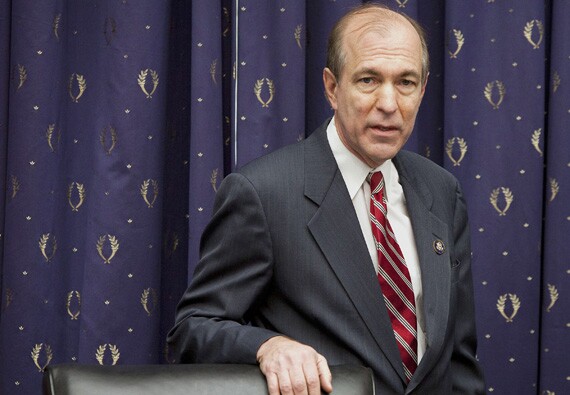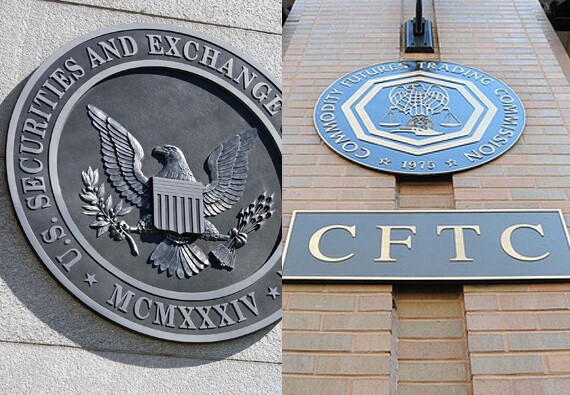

















Prosecutors claim the Forbes 30 Under 30 honoree maintained two sets of books to hide Kalder's actual revenue of just $60,000.
The buy now, pay later lender is carving out a lane for itself with exclusive deals with Intuit's Quickbooks Payments and Expedia's websites. It also will be the default BNPL provider for Bolt's one-click checkout.
Banking trade associations told the Office of the Comptroller of the Currency that regulators should reform rules around third-party risk, saying concentration and limited choice of core service providers places an undue burden on banks.
Acquiring the $5.8 billion Northfield Bancorp would give Columbia a presence in both Brooklyn and Staten Island. The deal provides a window into the impact of New York Mayor Zohran Mamdani's plan to freeze rents on the city's multifamily real estate market.
HP CEO and current PayPal board chair Enrique Lores will take over March 1, following a deep slump in the payment company's key metric.
The Swiss banking giant will come under the spotlight Tuesday at a Senate hearing.where the question of whether a 1999 settlement over Holocaust-looted funds should be reopened is expected to be discussed.